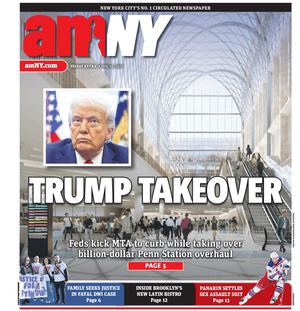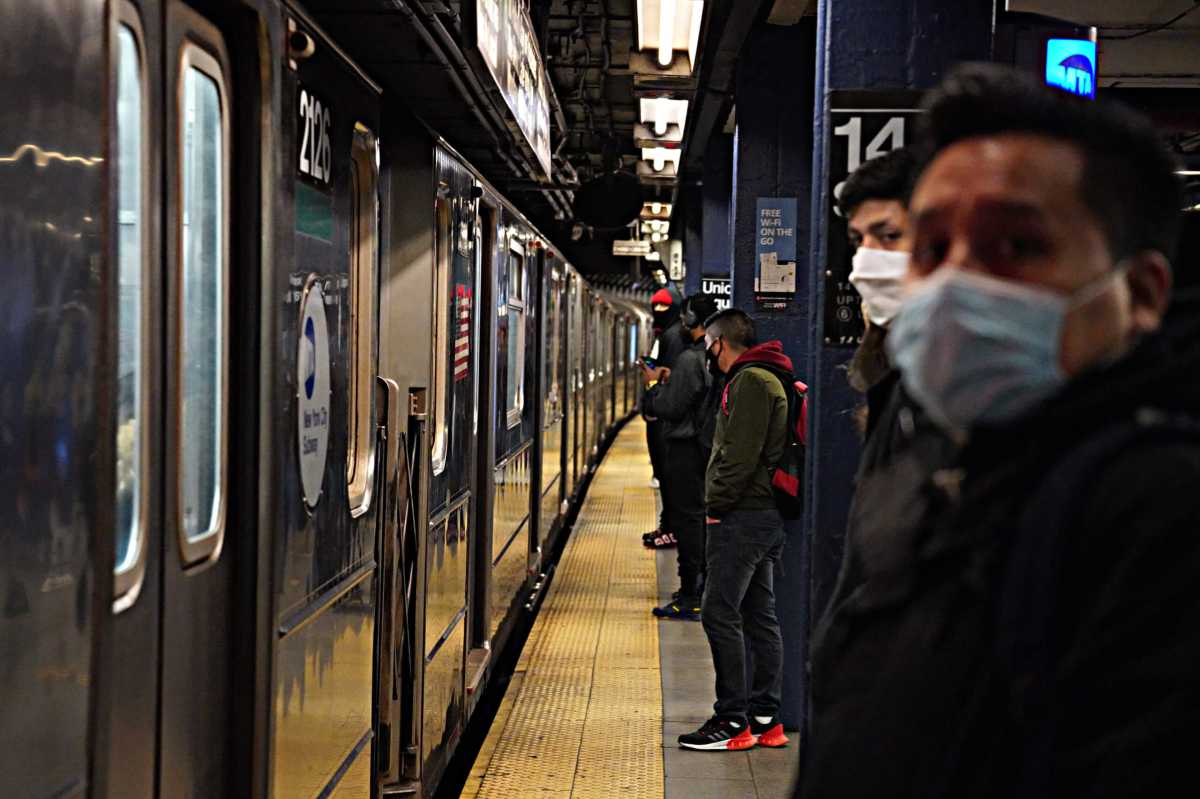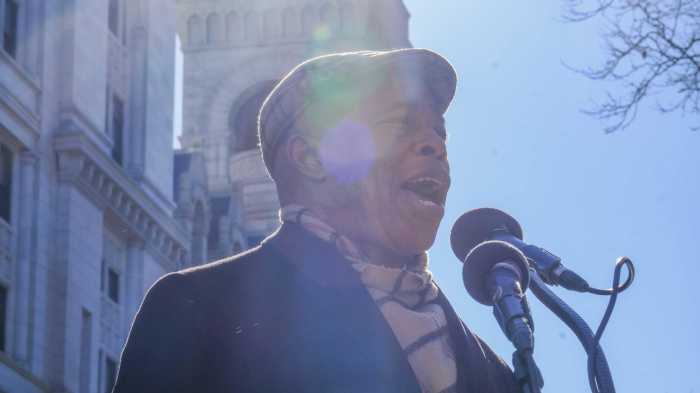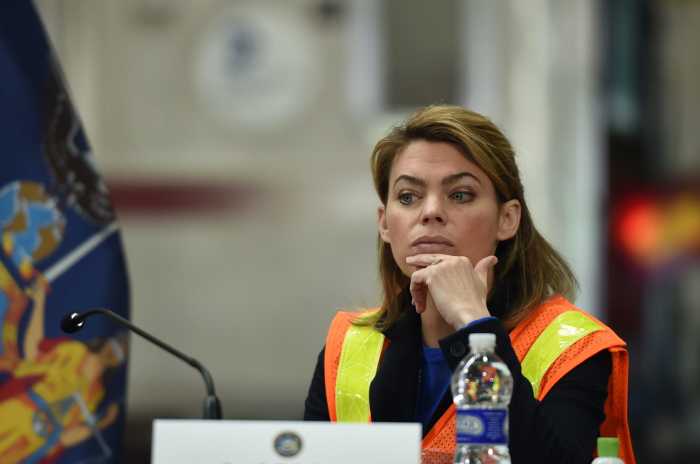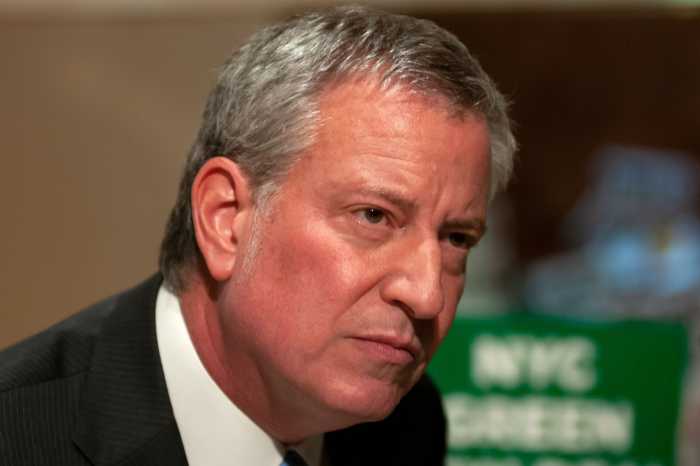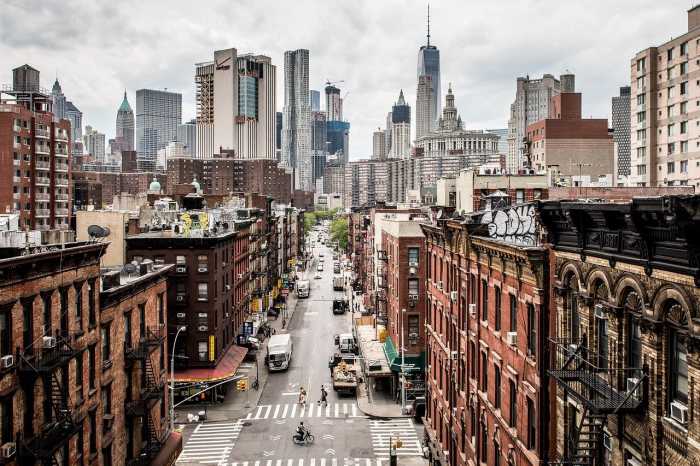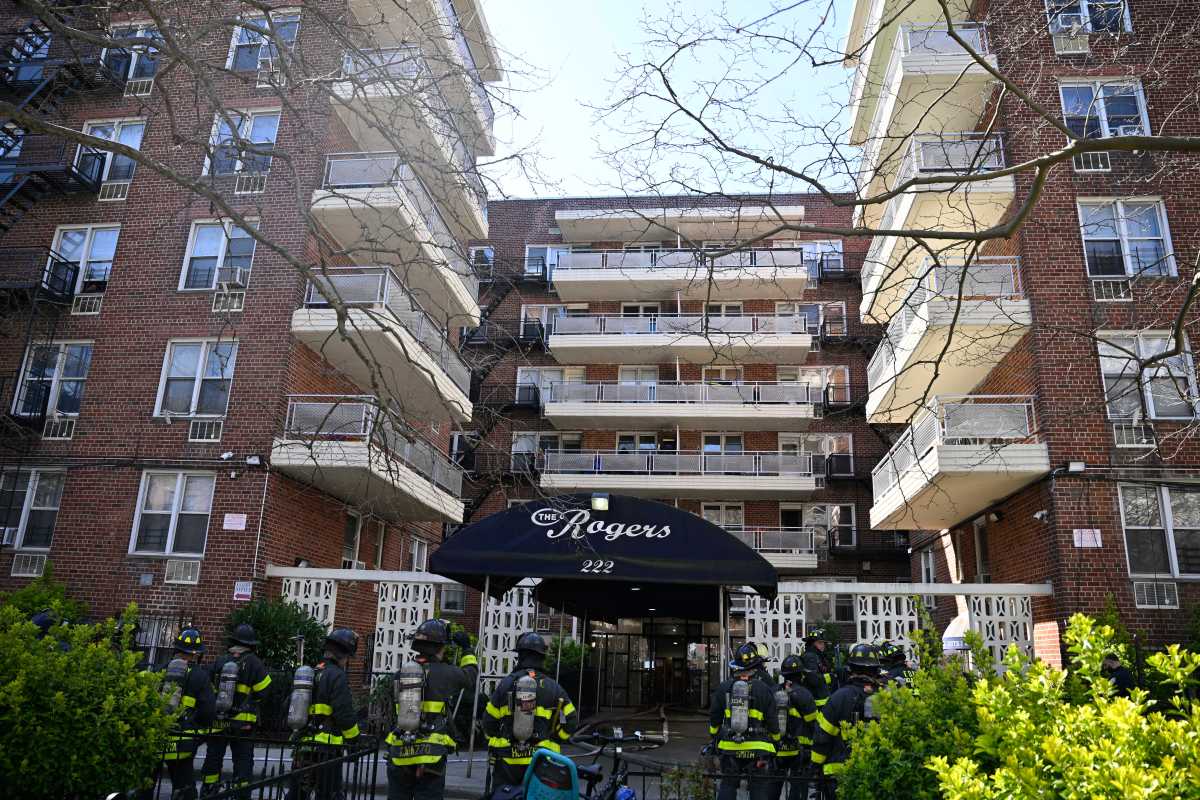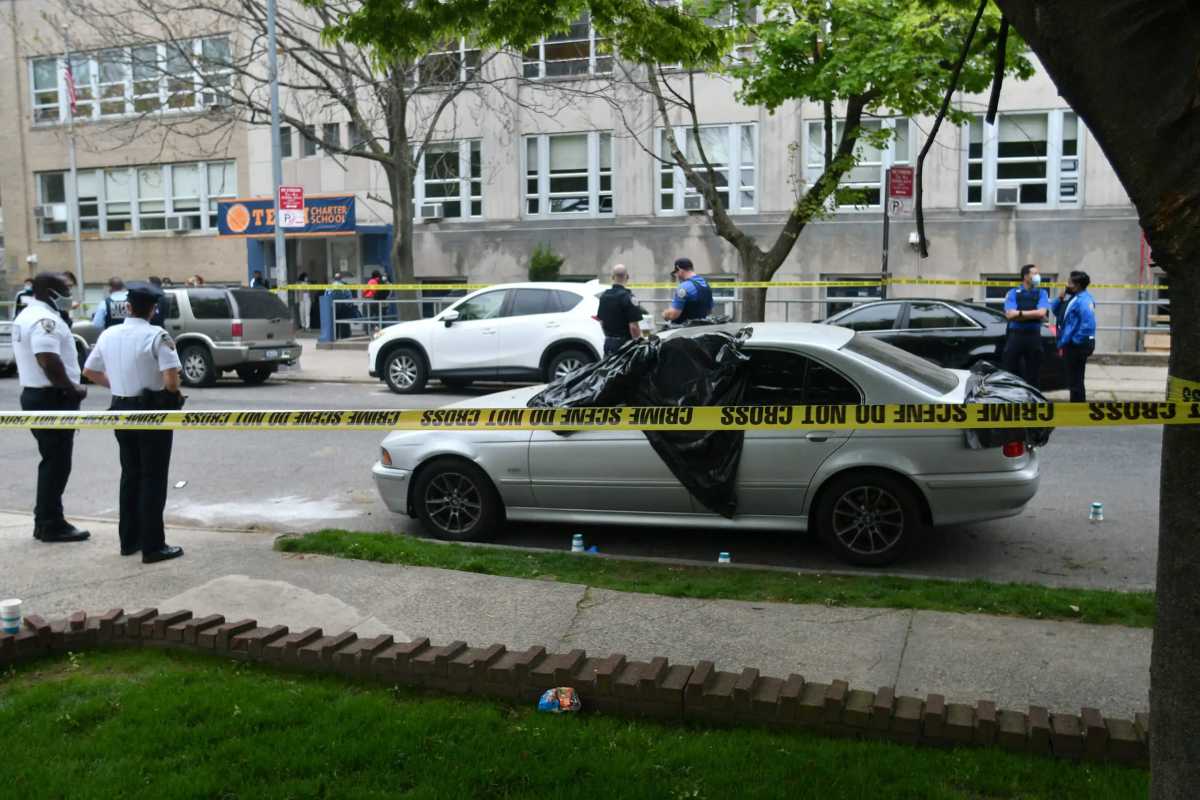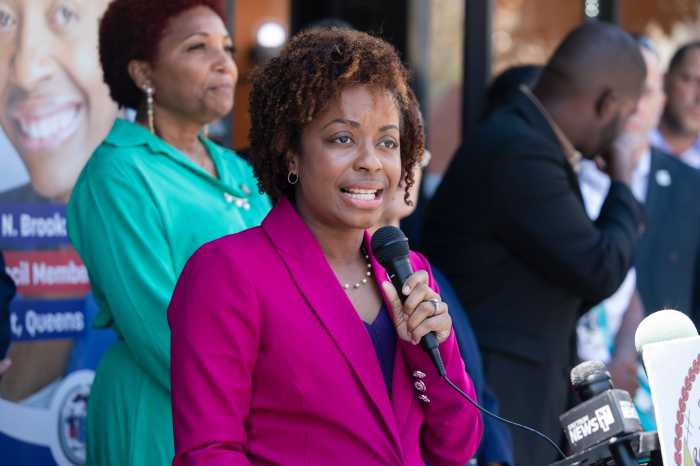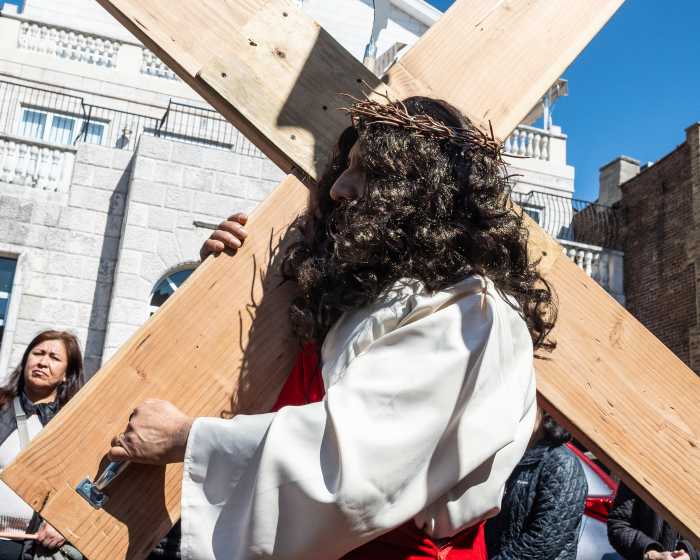The MTA’s aging mass transit system is in danger of falling into disrepair because the agency is behind on its multi-billion-dollar plans to modernize infrastructure, according to a report released Tuesday.
At the current rate, according to the Citizen Budget Commission, the MTA is on pace to fall short by $28 billion on upgrades out of $53 billion in planned projects that they want to complete by the end of 2024, such as new subway signals and train car stock, the fiscal watchdog warned in an Aug. 23 review.
The delays could spell more breakdowns and longer waits for New York City’s millions of daily subway and bus riders.
“You can start to see breakdowns, you can start to see delays in service, and that affects all the riders,” said CBC President Andrew Rein. “So it’s both an economic issue and a quality-of-life issue, if the MTA cannot catch up with the state of good repair backlog sufficiently.”
The MTA is also slated to be $12 billion short in funding for its currently planned projects, largely because of a $2.5 billion a year operating deficit that could hamstring its ability to take out debts to fund the upgrades.
An MTA spokesperson said that the agency has awarded $9.5 billion in projects since restarting its capital plan nearly 13 months ago, three-quarters of which are earmarked for state of good repair work.
“While we appreciate the CBC’s feedback, this report does not accurately portray the status of the MTA Capital Program,” said Aaron Donovan in a statement. “After an 18-month pause due to COVID-19 – i.e., in approximately 13 months – the MTA has already awarded $9.5 billion in capital projects. This puts us in the range of a $50 billion pace over a normal five-year award period.”
“Further, 75% of the awarded work is for projects that maintain the system in a state of good repair – evidencing the MTA’s prioritization of this type of capital investments,” Donovan added.
The MTA is currently covering the operational shortfall with some $15 billion in federal COVID relief aid, which is scheduled to run out by the end of 2024 amid stagnant ridership return.
Another $3 billion is in the balance if the MTA’s congestion pricing toll becomes diluted by too many exemptions and discounts and doesn’t generate the required $1 billion in revenue each year, the CBC found.
The MTA’s massive $51.5 billion five-year capital plan for 2020-2024 was set back by a year-and-a-half during the COVID-19 outbreak. The pandemic devastated the nation’s largest mass transit system and drained it of ridership, which is still at about 40% below 2019 levels.
The agency has $52.9 million of capital projects that have not been committed to contractors from that plan and the prior two capital plans dating back to 2010, according to the CBC.
While it’s not unusual for the MTA to carry projects from one five-year plan into the next, the current capital scheme’s larger size and the COVID delays have prompted more concern, according to Rein.
Transit leaders forecast to get $8.2 billion in projects committed this year, but at that rate the MTA won’t get all the currently planned upgrades going until late 2028, which would delay crucial upgrades down the line and increase costs due as the old system further deteriorates.
The CBC urged MTA leaders to fast-track projects that keep the system in good shape over the next two-and-a-half years, ahead of other initiatives to expand the system, like extending the Second Avenue Subway into East Harlem, which Governor Kathy Hochul has vowed to complete before she leaves office.
“System expansion is both popular and attractive and it can provide real benefits and services,” Rein said. “However, if it comes at the expense of state of good repair work that’s essential, you will have those millions of daily riders affected by delays all the time.”
The watchdogs also called on the MTA to be transparent about the work it will do, including projects after 2024 that run into the next capital plan for 2025-2029.
